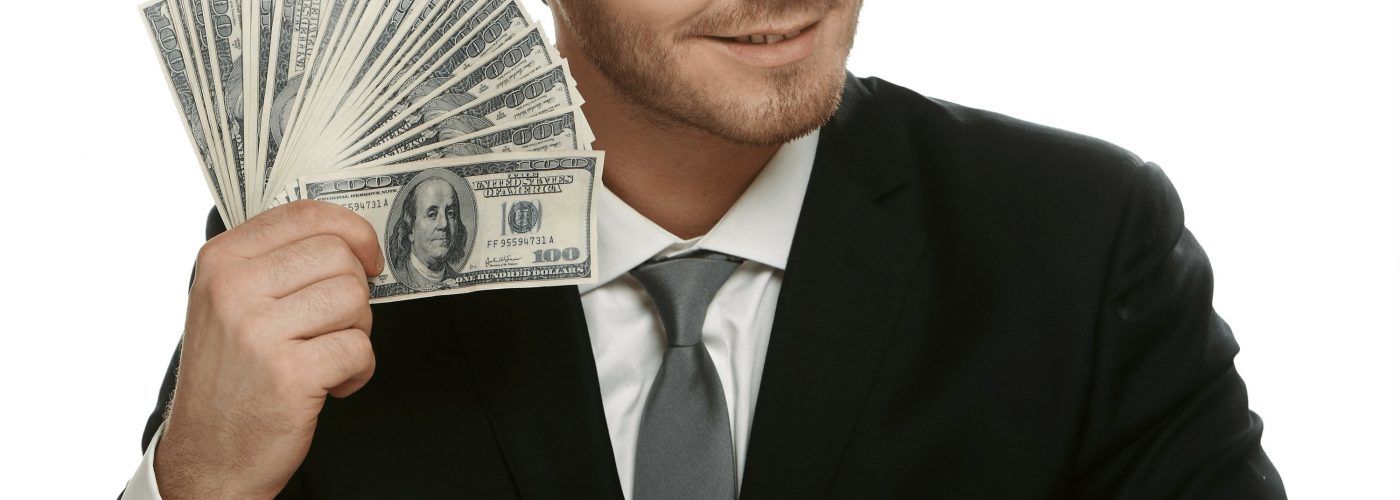When most people think about transcription, they might envision someone diligently typing away while listening to a recording. However, the reality is far richer and more complex—especially in terms of the ethics surrounding the transcription of audio and video content. Throughout my journey as a transcriptionist, I discovered that this craft extends well beyond simply converting spoken words into written text; it carries a significant responsibility to accurately represent the intent and meaning behind those spoken words.
Transcription serves as a vital bridge connecting diverse communities, making vital information accessible to individuals with hearing impairments or language barriers. This incredible power, however, comes with ethical responsibilities that cannot be overlooked. How can a transcriptionist ensure that the original context remains intact? This question often weighs heavily on our shoulders and highlights our duty to exercise both accuracy and respect for the speakers’ voices. Should you desire to extend your understanding of the subject, don’t hesitate to visit this meticulously curated external source we’ve arranged to supplement your reading, video para texto.
The Personal Impact of Diverse Voices
One pivotal moment in my transcription career occurred during a project focusing on community stories collected from a local cultural festival. The recordings were rich with vibrant anecdotes, laughter, and deeply emotional narratives that captured the essence of the American spirit. As I transcribed these stories, I felt a profound connection to the voices speaking through the audio. It hit me that I wasn’t merely typing; I was translating lives, hopes, and dreams into a written tapestry. This realization illuminated the cultural weight each word carries.
I also came to appreciate how the backgrounds of the speakers shaped the rhythm and tone of their narratives. For instance, a young artist spoke passionately about her struggles in finding her voice in a predominantly male industry. Accurately capturing her emotional nuances required a keen sensitivity to the subtleties of her dialect and delivery. This transformative experience shifted my perspective on my responsibility to preserve not just click for source what was said, but also the emotions intertwined with those words.
Maintaining Integrity in the Face of Commercial Pressures
As we navigate a world increasingly driven by speed and profit margins, the transcription industry faces its own set of challenges. I’ve confronted situations where clients pressured me for quick turnaround times, often with little regard for the implications on quality and accuracy. It was a bittersweet lesson in balancing integrity with the requirements of the commercial landscape.
In one particularly demanding instance, I was tasked with transcribing a political debate that had to be completed within a few hours. The pressure of urgency loomed large, threatening not only the accuracy of my transcription but also my ethical responsibility to portray the speakers fairly. In that critical moment, I made the difficult choice to communicate my need for additional time to ensure that every nuance was captured faithfully. This experience reaffirmed my belief: regardless of external pressures, the ethical standards of transcription should always stand firm.
Combating Misrepresentation and Bias
One of the most essential aspects of transcription is the commitment to guarding against misrepresentation and bias. Throughout my career, I’ve observed how even the smallest alterations in wording can drastically shift interpretations. For example, when transcribing discussions on sensitive subjects such as mental health, extreme care must be taken. The language used conveys not only factual information but also the emotional weight that resonates with the audience in profound ways.
Maintaining objectivity can be challenging, especially when the subject matter hits close to home. However, acknowledging my own biases and consciously working to diminish their impact has been transformative in my profession. I often remind myself that my goal is to present a faithful account of what the speaker has said, not to impose my own narrative. This dedication to neutrality has bolstered my credibility and fostered trust with my clients, allowing me to create work that not only has a significant impact but also honors the speaker’s intent.
The Future of Ethical Transcription
As technology continues to advance and artificial intelligence increasingly takes on various roles, the transcription industry is evolving at a breathtaking pace. While the strides made in speech recognition software are certainly impressive, they often fall short of the human touch essential for truly ethical transcription, especially when it comes to grasping cultural nuances and demonstrating empathy in delivery. To truly grasp the topic at hand, we recommend this external resource packed with more details and insights. video para texto, uncover novel facets of the topic covered.
Looking to the future, I remain hopeful about the role of transcriptionists. By harmonizing technological advancements with human insight, we can improve our processes without compromising our ethical standards. Ongoing education in cultural competency and ethical practices will be vital as we navigate this ever-changing landscape. I believe every transcriptionist has a unique voice that matters in this field and that understanding the invaluable contribution we make to the stories of others is essential. After all, every word we type is not just click for source text—it’s an invitation to connect, share, and appreciate our shared humanity on a deeper level.
